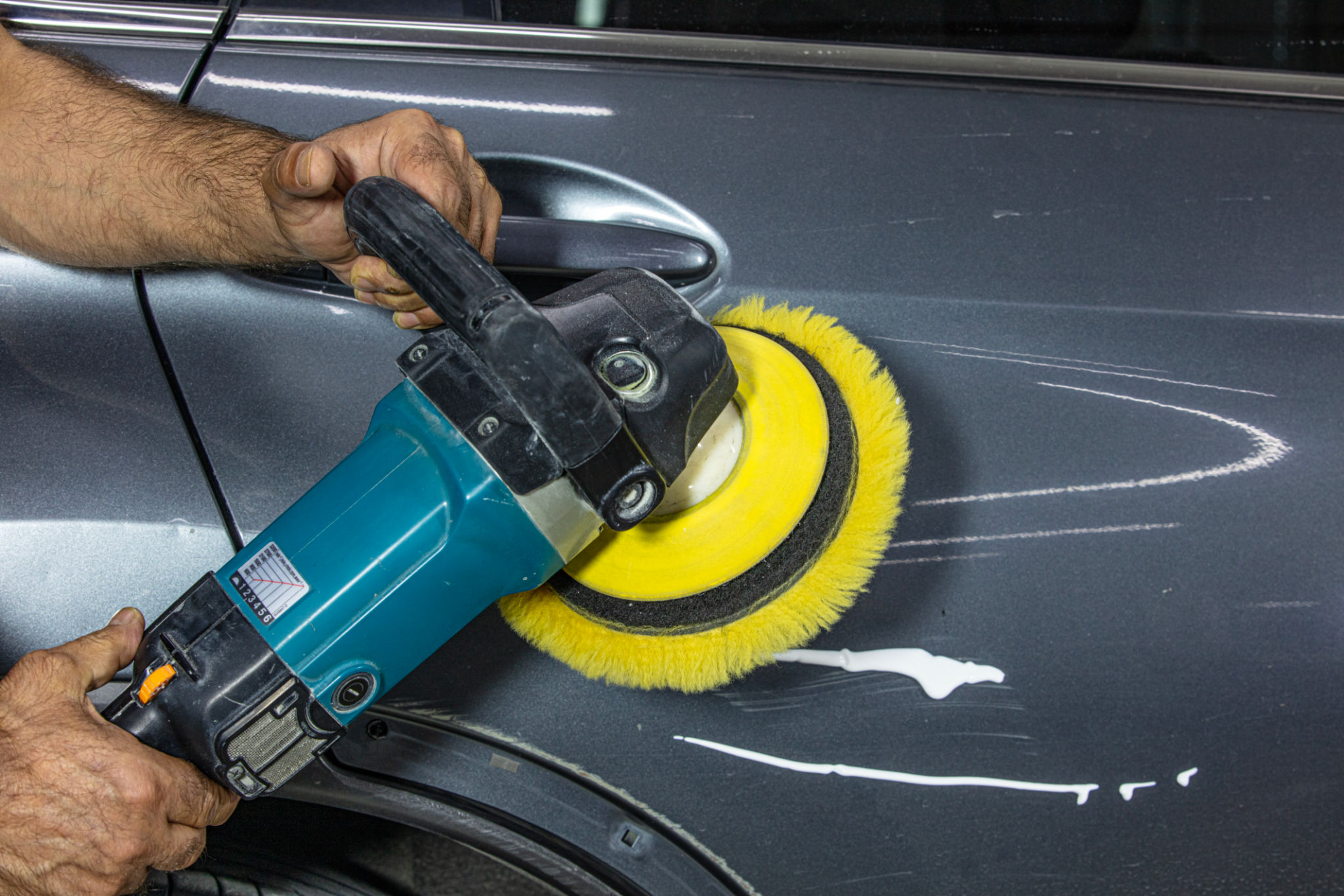Seasonal Car Care Tips for Florida's Unique Climate
Dm
Understanding Florida's Climate
Florida's climate is unique, featuring hot, humid summers and mild winters. This subtropical environment requires specific car care techniques to keep your vehicle running smoothly throughout the year. It's crucial to tailor your car maintenance routine to accommodate these weather conditions and ensure optimal performance.

Preparing for the Heat
The high temperatures during Florida summers can take a toll on your car. It's important to regularly check your vehicle's cooling system to prevent overheating. Ensure that the coolant levels are adequate and that there are no leaks in the system. Additionally, inspect belts and hoses for any signs of wear or damage, as they are more susceptible to cracking under intense heat.
Another key aspect of summer car care is maintaining the air conditioning system. The A/C will likely be in constant use, so make sure it's functioning efficiently. Regularly replace the cabin air filter and consider having the refrigerant levels checked by a professional.

Handling Florida's Rainy Season
Florida is known for its rainy season, which typically occurs between May and October. During this time, it's vital to ensure that your car's windshield wipers are in good condition. Replace them if they show any signs of wear to maintain clear visibility during heavy rains.
Additionally, check your tire tread depth and pressure regularly. Wet roads can lead to hydroplaning, and well-maintained tires significantly reduce this risk. Make sure your tires have adequate tread and that they're properly inflated according to the manufacturer's recommendations.

Winter Considerations
While Florida winters are generally mild, it's still important to be prepared for cooler temperatures. Ensure that your car battery is in good condition, as cold weather can affect its performance. Keep an eye on the battery terminals for any signs of corrosion and clean them as needed.
It's also a good idea to have your vehicle's heating system inspected before the cooler months set in. Though you might not use it often, having a functioning heater is important for those unexpectedly chilly mornings or trips up north.
Protecting Your Car's Exterior
The combination of sun, humidity, and salt air can wreak havoc on your car's exterior. Regular washing and waxing can help protect the paint from UV damage and coastal salt exposure. Use a high-quality car wax with UV protection to maintain the finish and prevent fading.
Consider applying a protective coating or sealant to your car's undercarriage to guard against rust, especially if you live near the coast where salt air is more prevalent.

Interior Maintenance
The sun's intense rays can also affect your car's interior. Use sunshades or window tints to protect the dashboard and upholstery from fading or cracking due to prolonged sun exposure. Leather seats may benefit from regular conditioning to prevent them from drying out.
Moreover, keeping your windows slightly cracked when parked can help prevent heat buildup inside the car, making it more comfortable when you return.
Conclusion: Stay Proactive
Overall, seasonal car care in Florida requires a proactive approach to counteract the unique challenges posed by the state's climate. By staying on top of maintenance tasks and addressing potential issues promptly, you can ensure that your vehicle remains in excellent condition year-round.
Whether you're tackling the sweltering summer heat or preparing for the rainy season, these tips will help you navigate Florida's climate with confidence and keep your car running smoothly.
